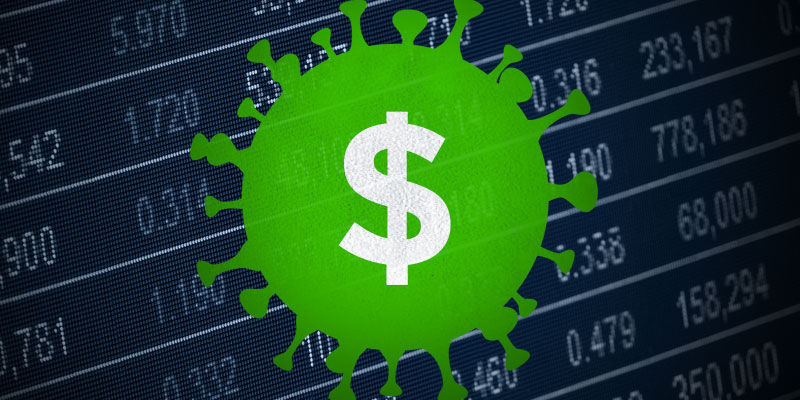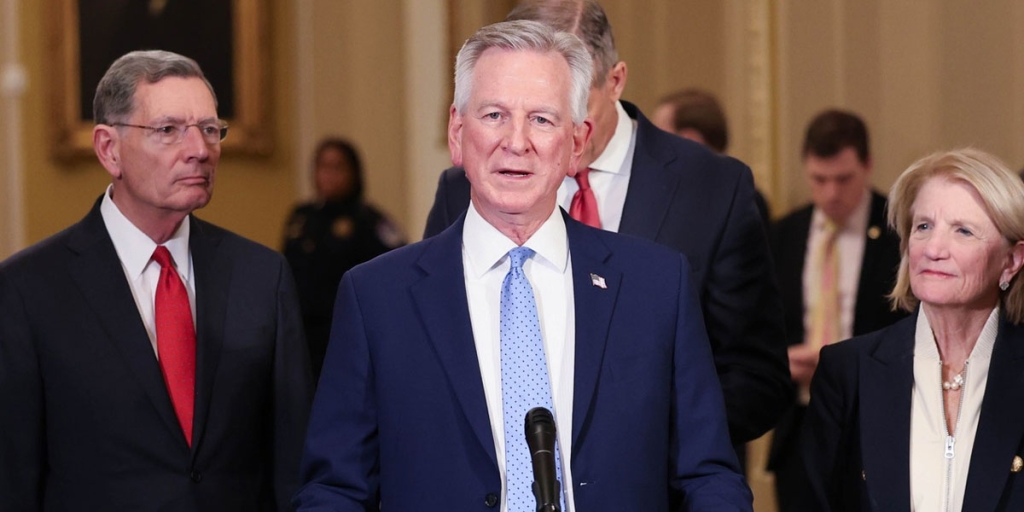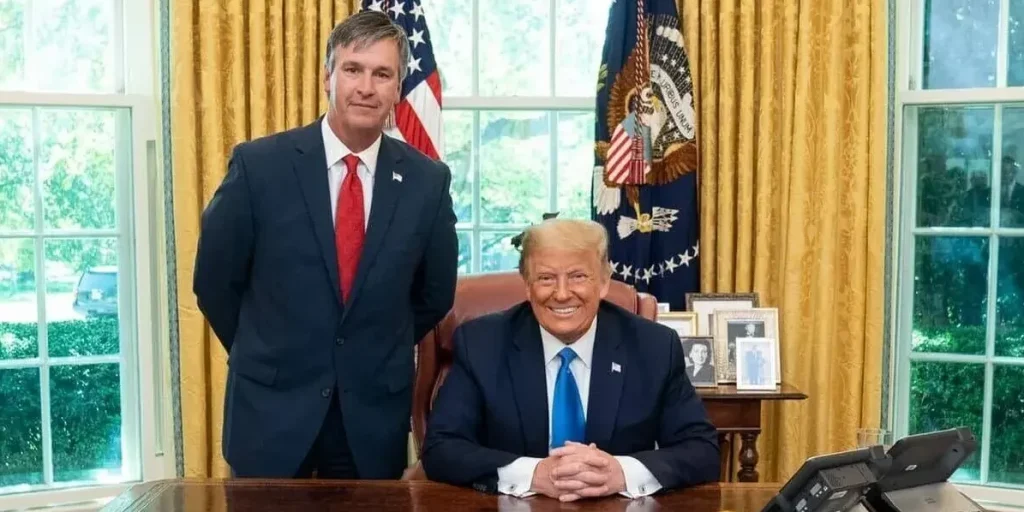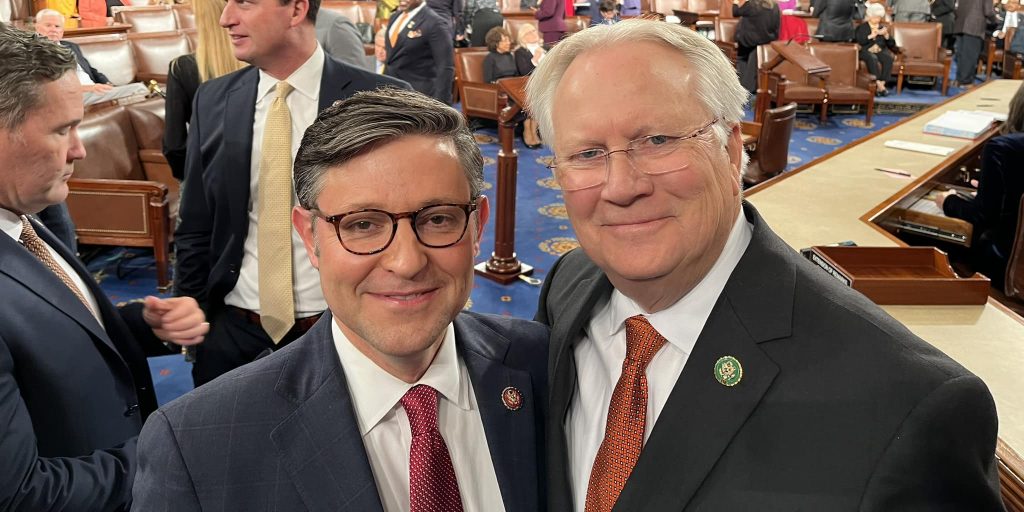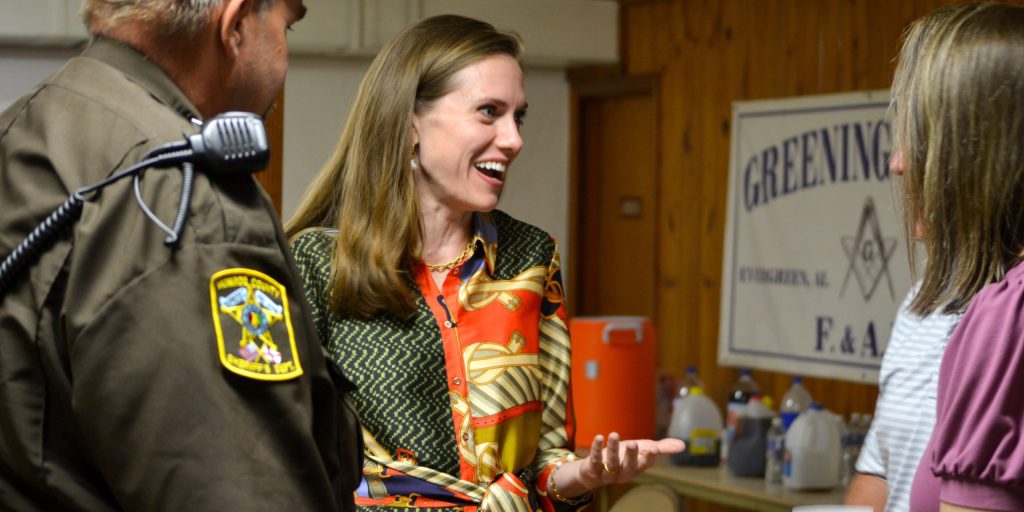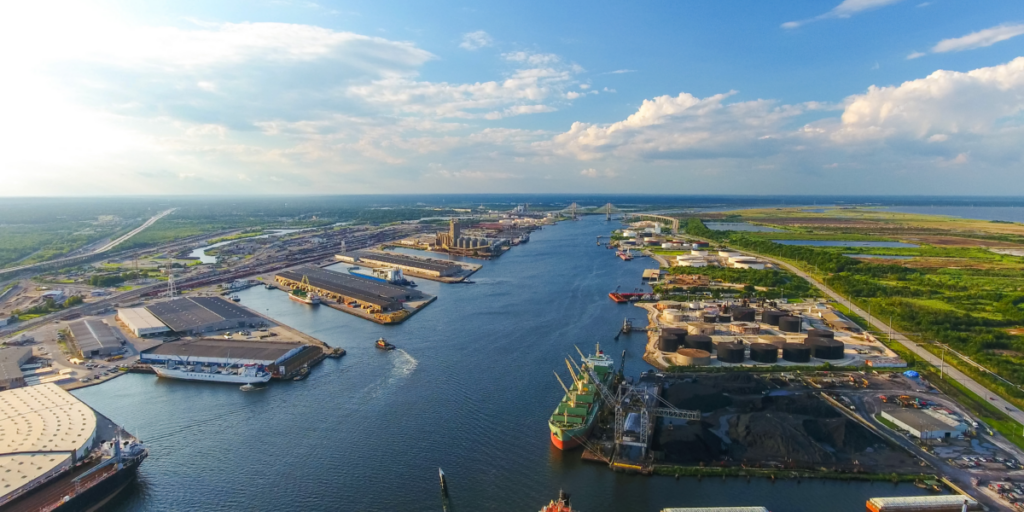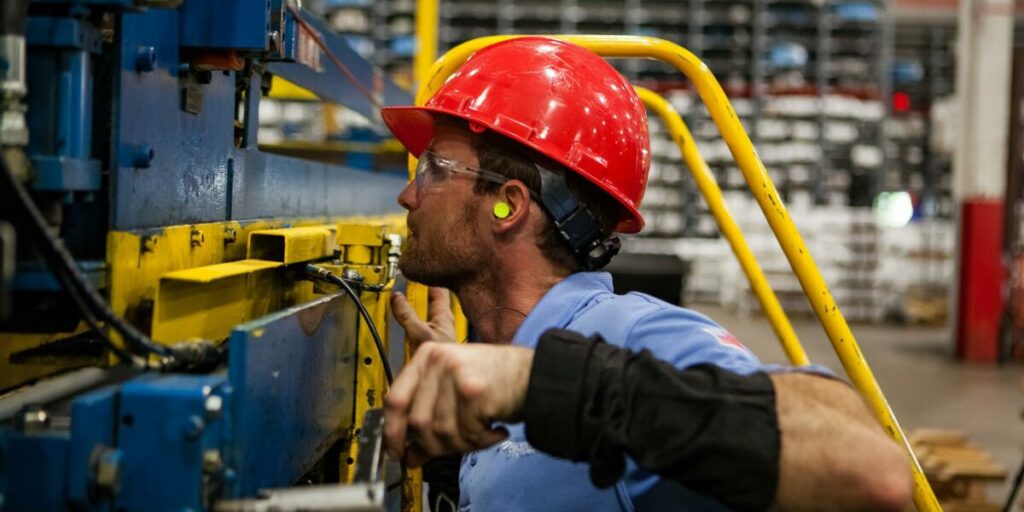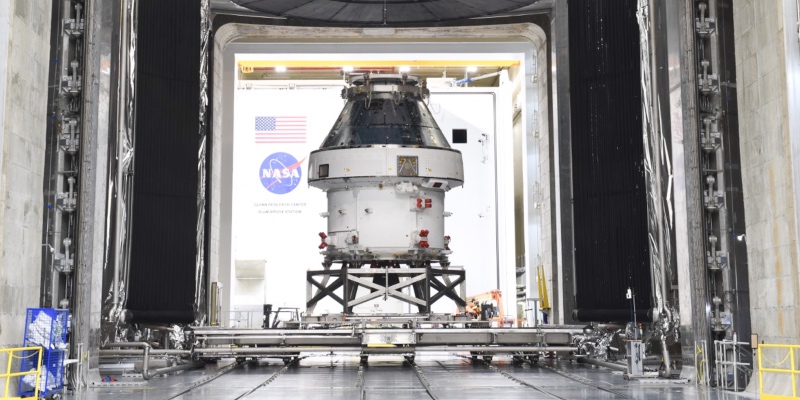Our lives and economy have been disrupted on an unprecedented scale by COVID-19. How do we calculate the societal impact? Costs are tricky because they involve actions not chosen. Economics helps bring the consequences of the pandemic into focus.
The full costs involve much more than just monetary impacts. Economics and life are about human satisfaction or happiness; economics calls this utility. Eating food, watching sports on TV, socializing with friends and visiting relatives all generate utility. Money is valuable only because it enables the purchase of goods, services and experiences.
Our purchases typically generate benefits in excess of the price paid. A weekend family trip might cost $500, yet we might judge that the trip, which could produce lifetime memories, generates more than $500 in value. Let’s say we judge the trip as worth $1,200. The difference between the value of the trip and what we pay for it, in this case $700, is called consumer surplus. The cost of COVID-19 must include lost consumer surplus.
Identifying costs requires careful thinking about the alternative, both for our daily life activities and business. Many factories, hotels, casinos and museums have closed. We are losing their production and services, some of which can be offset. Overtime can make up for lost production at a factory; vacations can be taken later. People are impatient so the delay generates a real cost.
The potential to shift production and vacations illustrates an economic law: we live in a world of increasing costs. The cost per week of extreme social distancing will increase with each passing week. One month’s production from a factory might be made up; one year’s lost output is largely gone forever.
The cost is the difference in value created by the new ways relative to the normal. The cost of working from home is the reduction in workers’ productivity. For college classes shifted online, the cost is the reduction in learning. We must also note any offsetting savings; working from home, for example, saves commuting costs.
A couple of patterns, I think, can be observed. First, many disrupted activities have high ratios of consumer surplus to consumer expenditures. Consider the NCAA basketball tournament and the Summer Olympics. Few people attend these events, but millions (or billions) watch them on TV. The value of sports and entertainment far exceed their contribution to GDP.
Second, COVID-19 impacts have been very unequally distributed. For many, the disruption has been relatively minor, perhaps not chatting with coworkers about the March Madness tournament. By contrast, entrepreneurs have had businesses they poured their life, energy, and savings into building ordered closed indefinitely. College basketball players who trained and practiced for months missed out on March Madness.
Can the government offset the economic impact of the pandemic through a bailout? The answer is yes and no.
The proposed Federal coronavirus stimulus can soften the impact on hard-hit businesses and workers. Closed hotels, restaurants and airlines might be kept out of bankruptcy; their employees can continue to get paid and know they will have jobs when life resumes.
Paid sick leave during this emergency measure is also likely beneficial. A person with mild COVID-19 symptoms might decide to work to avoid missing a paycheck. Paid sick leave could let such persons stay home and slow the virus’ transmission.
The best hope for the stimulus is containing the economic impact. If hotels and restaurants go into bankruptcy, the banks which lent to them might be in trouble. Bankruptcies and layoffs could produce a collapse requiring years to recover from.
Yet a real limit to government assistance exists. Giving shuttered businesses and idled workers money does not help produce the goods and services which ultimately generate utility. Getting a check from the government does not make toilet paper available.
Economics teaches us that life involves tradeoffs. COVID-19 significantly threatens public health, while shuttering large parts of our incredibly complicated market economy threatens our prosperity. We need to soberly evaluate these tradeoffs to minimize the impact of the coronavirus.
Daniel Sutter is the Charles G. Koch Professor of Economics with the Manuel H. Johnson Center for Political Economy at Troy University and host of Econversations on TrojanVision. The opinions expressed in this column are the author’s and do not necessarily reflect the views of Troy University.




